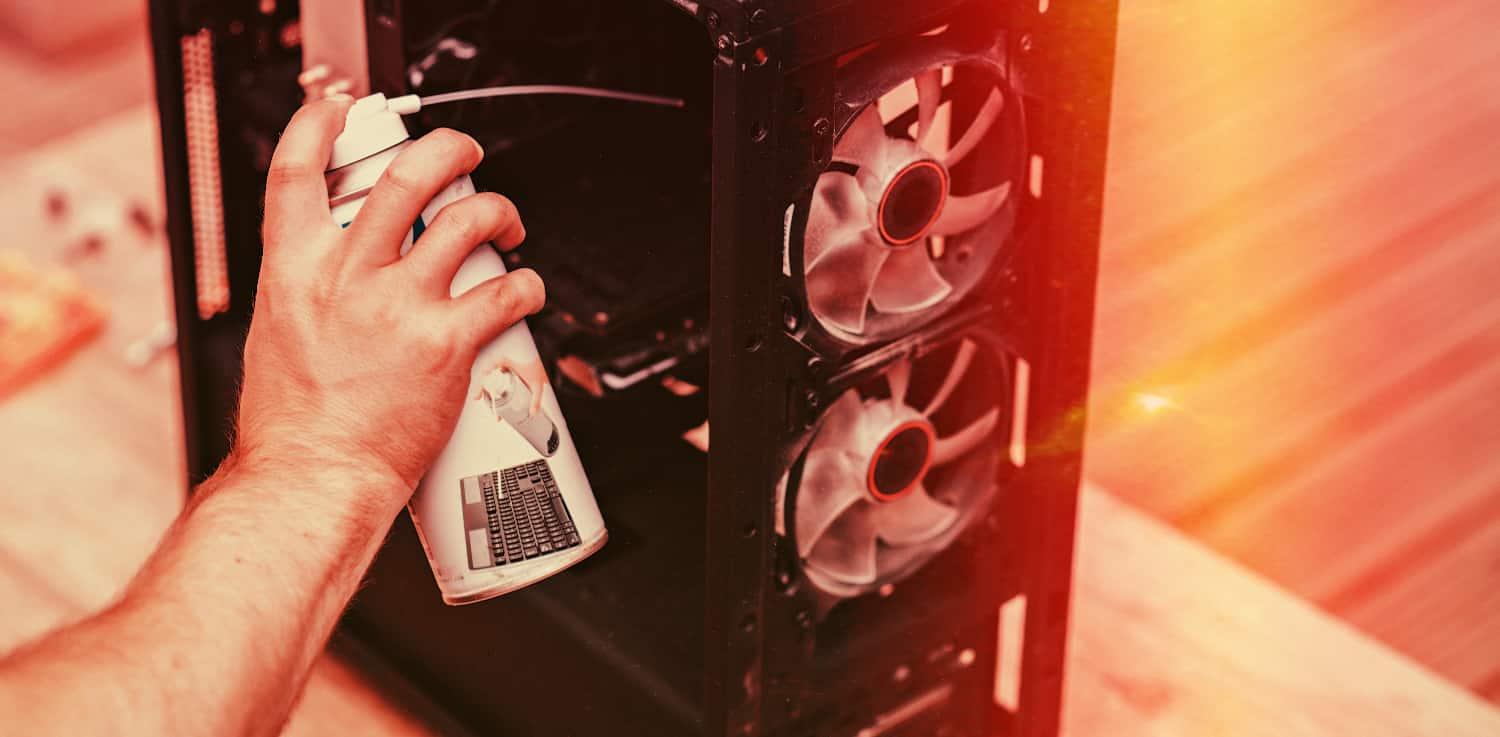Let’s talk about something most of us have never thought we’d need to discuss: a duster high.
This isn’t just some strange thing people do in the movies or on social media; it’s real and dangerous. We’re not talking about the kind of dusting your grandma used to do around the house, but about people inhaling chemicals from cans of compressed air—like the ones used to clean your keyboard—because it gives them a quick, dizzying high.
It’s a fast fix that leaves you detached from the world but comes with some very real, dangerous consequences.
What Is a Duster High?
A “duster high” is what happens when someone inhales the chemicals from a can of compressed air. These chemicals, typically difluoroethane, flood the brain, producing a fleeting high.
You feel light-headed, maybe even like you’ve drifted away from your body. But here’s the thing: this isn’t just harmless fun. It’s a dangerous chemical reaction that your brain and body weren’t built to handle.
How Is a Duster High Achieved?
It’s as simple as pressing the nozzle and breathing in the fumes. The chemicals shoot into your lungs and hit your brain faster than a shot of espresso.
And in just a few seconds, the high kicks in. You feel light and a little lost. It’s a bit uncomfortable. And it’s short-lived. Then, what’s left after is a mess of health risks that far outweigh those few seconds of altered reality.

What Do People Use for It?
People are using cans of compressed air. These cans are cheap, legal, and sold pretty much everywhere. Unfortunately, that accessibility is precisely what makes them so easy to abuse, especially for younger people or someone who don’t have access to more illicit substances.
How Addictive Is a Duster High?
Duster use doesn’t usually lead to the kind of physical addiction you get with drugs like heroin or alcohol. But make no mistake—it’s addictive in its own right. It creates a psychological dependency. You start to crave that light-headed, out-of-body feeling, and before you know it, you’re reaching for the can again and again. It’s not always about the substance itself but the escape it offers from whatever reality you’re trying to avoid.
The Dangers of a Duster High
We need to be blunt here: huffing duster is incredibly dangerous. Here’s why:
- Sudden Death: You might not expect this, but a single huff can stop your heart. It’s called “sudden sniffing death syndrome,” and it can happen to anyone, even first-time users.
- Brain Damage: These chemicals cut off the oxygen supply to your brain. You can do permanent damage over time—or even after one session.
- Organ Damage: Your lungs, liver, and kidneys take a hit, too. These chemicals aren’t meant to be inside your body, and they do their fair share of wreckage on the way through.
- Accidents: When you’re high, you’re not thinking straight. That leads to falls, car accidents, or other dangerous situations that could hurt you or someone else.
Street Names
Duster highs might sound less serious with street names like “air blast,” “can whippets,” or just “huffing cans,” but don’t let the slang fool you. The fact that we have playful names for something so lethal is another way we trick ourselves into thinking it’s no big deal.
Why It Points to Deeper Issues
Here’s where it gets tricky: huffing duster isn’t usually just about wanting to get high for fun. Often, it’s a symptom of something deeper—unresolved trauma, depression, anxiety, or stress.
When life feels unbearable, people turn to whatever will numb the pain, even for just a few minutes. But that’s not the answer. These behaviors are like flashing neon signs telling us that something is wrong inside, something that needs care and healing, not more harm.
Signs It’s Time to Seek Help:
- You’re using it regularly, even though you know the risks.
- You’re using it to escape your thoughts or stress.
- You’re putting yourself or others in dangerous situations because of it.
Need Help With Substance Abuse?
If you’re caught up in something like this—whether it’s you or someone you care about—know that this isn’t the end of the story.
There’s help available, and it’s okay to ask for it. You don’t have to keep doing this to yourself. EagleCrest Recovery can help you untangle whatever’s underneath and show you there’s a way through this that doesn’t involve harming yourself. There’s hope here, even if it doesn’t feel like it right now. Call us today: 844-439-7627.


